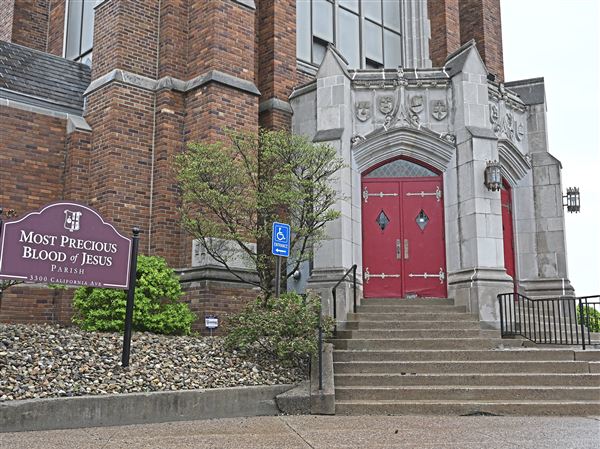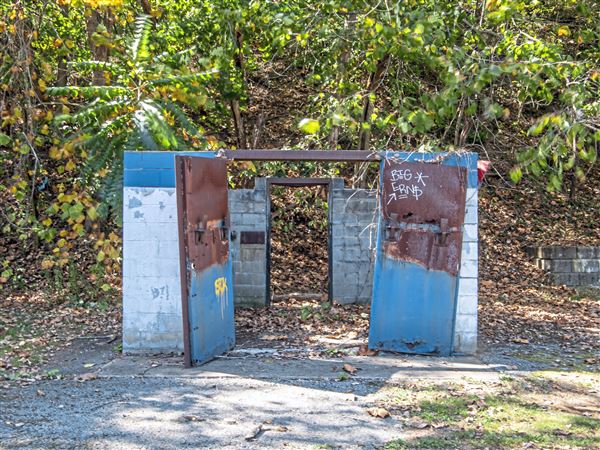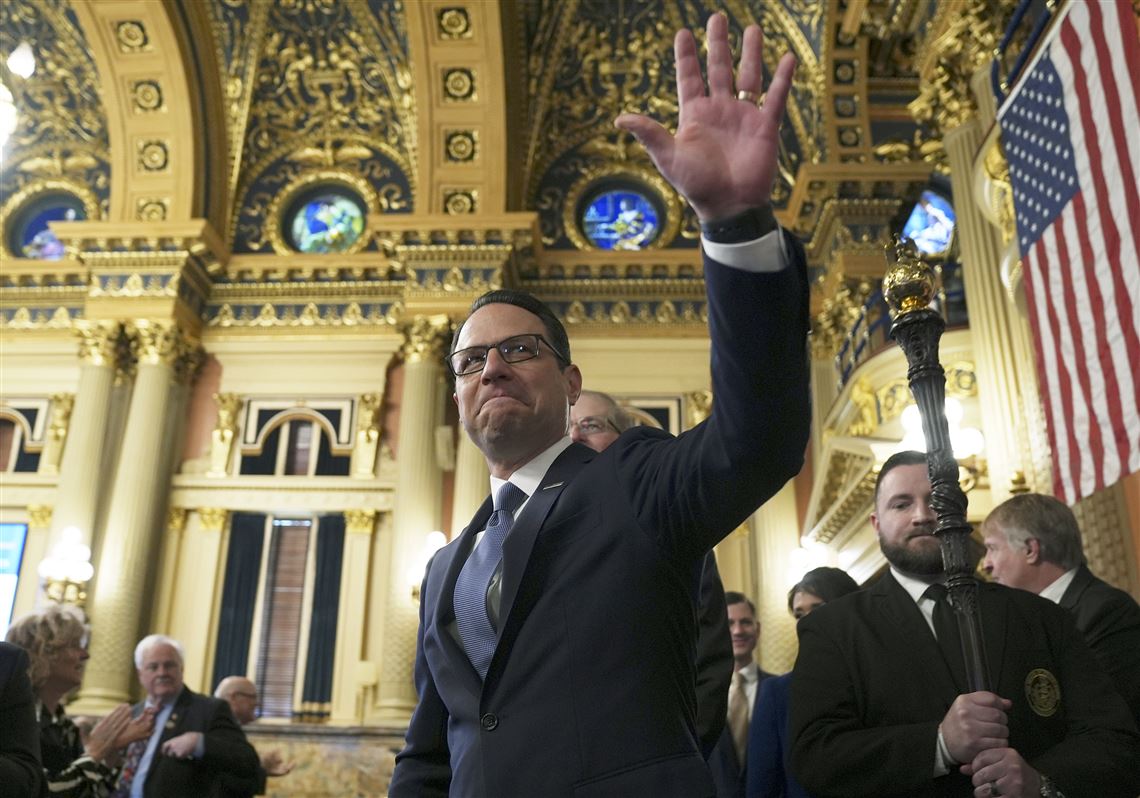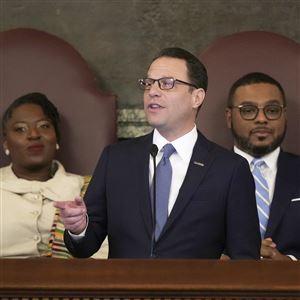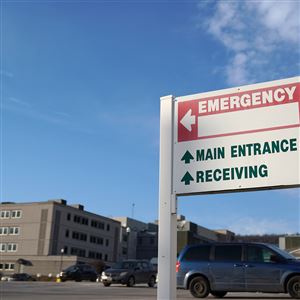Ridding Pennsylvania’s health care system of private investors is part of Gov. Josh Shapiro’s new budget plan, which calls for additional regulatory muscle to review hospital and nursing home sales, mergers and acquisitions.
In unveiling his $51.4 billion budget Tuesday, Mr. Shapiro asked the General Assembly for a bill that would empower the state attorney general to review health care transactions “with the community’s best interest at the forefront,” according to a release accompanying his proposed 2025-2026 budget. Two dozen other states already have such authority, but efforts to enact the necessary legislation in Pennsylvania have fallen short.
House Bill 2344, which would have given the state attorney general the additional review powers Mr. Shapiro wants, passed the full House in July and was taken up in October by the Senate, where it died.
“Private equity, while legal, is motivated solely by making a profit and making it quickly,” according to the release. “The governor strongly believes that private equity should get out of the hospital business in Pennsylvania and stop stripping money and resources from community hospitals and leaving entire regions without the care and services they need.”
In the past year, three for-profit hospitals and 11 nursing homes in Pennsylvania either closed or went bankrupt, cutting off patients from their doctors, leaving thousands of hourly workers unpaid for overtime and spreading economic chaos in small towns and big cities alike.
But, whether profit or nonprofit, providing medical services at a loss often becomes untenable, leading to the closing of maternity wards and moving such services as joint replacement surgery to bigger facilities that draw more patients.
In particular, the governor called for the end to health care lease-back arrangements, where a hospital sells its real estate to for-profit investors but saddles the hospital with crushing debt in the form of lease payments. Such a lease-back arrangement financially crippled Sharon Regional Medical Center in Mercer, part of the 31-hospital Steward Health System chain that declared bankruptcy in May.
Ending for-profit medicine would be a tall order. Most Pennsylvania nursing homes, for example, are privately owned.
Gov. Shapiro’s budget proposal would add $16 million in support for all hospitals by leveraging $10 million in Medicaid funds. Medicaid is a cooperative state-federal government program, so the leveraging arrangement requires approval by the Centers for Medicare and Medicaid Services.
His budget also earmarked an additional $10 million for rural hospitals. How that money will be distributed is still being worked out, according to a spokesman for Mr. Shapiro.
Physician Joanna Hart, senior fellow at the Leonard Davis Institute of Health Economics and assistant professor of medicine at the University of Pennsylvania in Philadelphia, said she was encouraged by the focus on workforce development in Mr. Shapiro’s budget. Recruiting doctors and nurses to rural areas will require creative solutions, such as education loan repayment aid, she said.
The proposed budget includes $5 million for workforce initiatives to educate and recruit nurses and an additional $20 million to counties to provide behavioral health services and address workforce shortages.
But rural Pennsylvania’s health care problems go deeper, she said.
“If we want to support people living in those areas, we need to provide basic health care,” Dr. Hart said. “Pulling hospitals out of places where people need them most is not appropriate.”
But there’s no pixie dust to escape the stark economics facing the health care providers: escalating labor costs and flat or declining reimbursement, which stings rural providers most.
In rural Elk County — part of a six-county part of north-central Pennsylvania without a single maternity hospital — the issue is finding ways to restore the medical services that have ended, which has forced ambulances to deliver babies on the side of the road on their way to farther-away hospitals because the local hospital closed its OB-GYN unit.
Zack Pontious helped form an authority last year to find ways of restoring maternity care after Penn Highlands Elk Hospital, where he lives in St. Marys, closed its OB-GYN unit in May.
Part of Penn Highlands’ decision was financial: the health system reported a $32 million operating loss in 2023.
“It’s great to live here,” said Mr. Pontious, 37 years old and the father of a 4-week-old son with his wife, Jess. “Families really matter. How is the state going to ensure that hospitals have essential health services within a reasonable travel time?
“We’re falling by the wayside here.”
First Published: February 6, 2025, 10:30 a.m.
Updated: February 6, 2025, 8:55 p.m.


